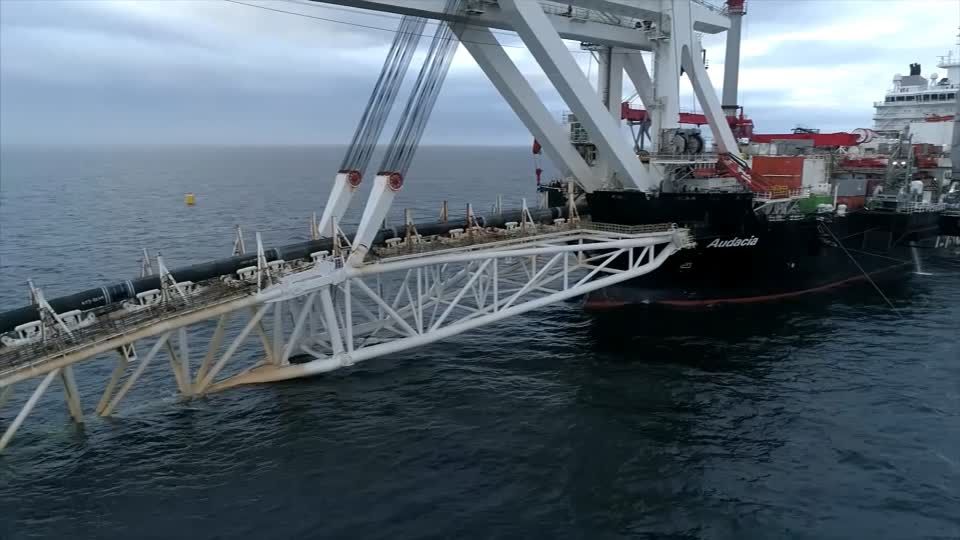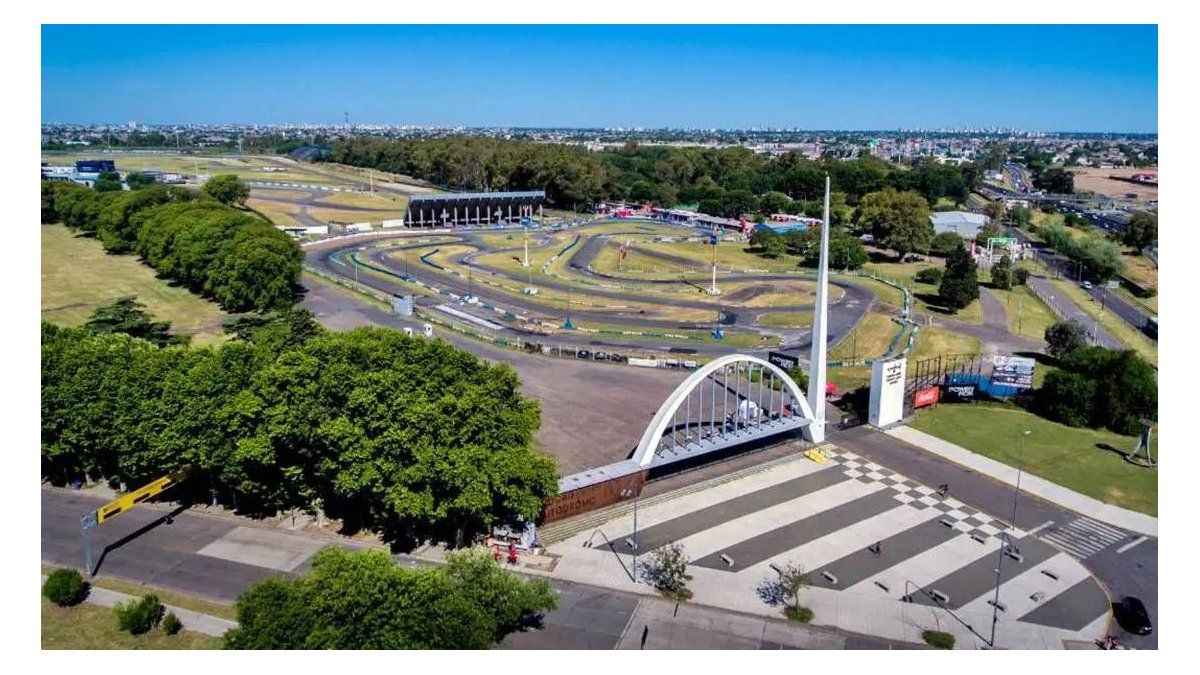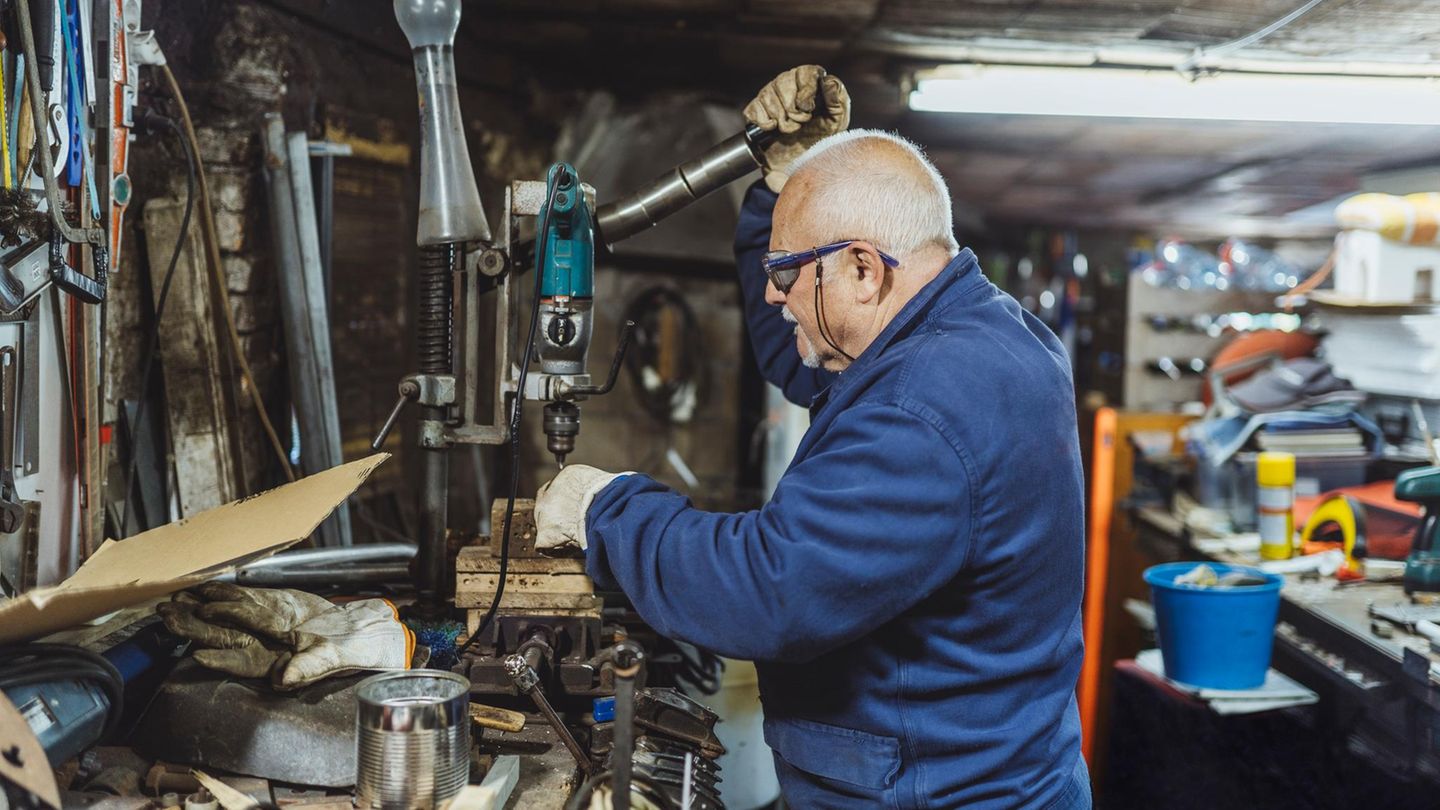While gas prices are rising rapidly, the completed Nord Stream 2 pipeline is waiting to go into operation. That is likely to drag on, however: there is a problem in several places.
The Nord Stream 2 project is under pressure. At least the first completed gas line of the double strand. According to the operator, there is around 103 bar and around 177 million cubic meters of gas have been filled. Everything is ready for the first gas transport from Russia through the Baltic Sea to Germany. However, it could still be some time before that happens. While politicians comment on the pros and cons of a commissioning, it is now the authorities’ main turn to act. But courts also want to have a say.
Technically, at least the first line was approved for operation weeks ago by the responsible mining authority in Stralsund. Gas transport into the German internal market is currently not permitted because certification from the Federal Network Agency is still pending. Without this there is a risk of fines.
Independence is being checked
The authority is currently checking whether the operation of the pipeline and sales are sufficiently separated as provided for by the EU gas directive. Nord Stream 2 AG has applied for certification as an independent transport network operator. According to the authorities, it has chosen a model in which Nord Stream 2 can remain in the Gazprom group of companies – the gas supplier. Independence is checked, for example, with regard to organizational structure or personnel.
According to the Bonn authority, this is an administrative procedure and not a political one. “There is an established practice with established standards that we apply. This is not the first practice of its kind that we have been doing.” The Federal Network Agency has until the beginning of January. “We’re going through the process as quickly as we can.”
Nord Stream 2 has indicated that it will wait for the certification process. Apparently there has been a rethink here. Gazprom announced in September that it would still pump gas to Europe this year.
The European Commission must also give its yes
But even if the Federal Network Agency should give the green light, not all hurdles have been cleared. The current EU gas directive regulates that a review by the European Commission must be carried out before final certification. The Brussels authority could take up to four months for this and the final statement. Only then, according to the directive, may the final decision be issued by the national regulatory authority.
In theory, this can also differ from the Commission’s opinion. Then Germany is threatened with a lawsuit before the European Court of Justice (ECJ). It would then be up to the judges in Luxembourg to decide whether the German certification decision complied with EU law.
The EU Commission will probably exhaust the deadline for drafting the opinion, also because the political pressure from opponents of the pipeline is great. Nord Stream 2 is “not a project of common European interest,” said a commission spokesman for the German press agency. After the statement from Brussels, the Federal Network Agency again has two months for any certification.

Fear of economic cutbacks in operation
Nord Stream 2 AG would certainly like to save itself the procedure completely, which could also result in economic cuts in the operation of the pipeline. As an independent transport network operator, one would also have to make pipeline capacities available to other gas suppliers. In addition, the company would have to submit to the rules of the German gas market and pay a fixed fee for gas imports.
The company is taking action against the relevant rules or their validity for the pipeline before the Federal Court of Justice, an arbitration tribunal and the ECJ. Among other things, it argues that an amendment to the directive that came into force in 2019 – i.e. after the start of construction – specifically targets Nord Stream 2 and thus violates EU legal principles of equal treatment and proportionality. A non-binding opinion of the ECJ recently agreed to the fact that only Nord Stream 2 was actually affected. A decision is still pending.
But there are other courts in the pipeline. The Naturschutzbund Deutschland (Nabu) and the Deutsche Umwelthilfe (DUH) are suing the Hamburg Administrative Court and the Greifswald Higher Administrative Court against the Federal Maritime and Hydrographic Agency and the Stralsund Mining Authority as approval authorities.
DUH managing director Sascha Müller-Kraenner sees good chances, especially in the Greifswald trial. Part of the building and operating permit from the Stralsund Mining Authority was an environmental impact assessment, also with a view to the carbon footprint. The permit would need to be revised if any fundamental new knowledge emerged. New data showed that the carbon footprint of gas is worse than previously assumed, for example due to methane emissions during extraction and transport. An oral hearing is scheduled for mid-November. It should by no means be the last date on the question of whether and when gas is allowed to flow.
Source From: Stern
Jane Stock is a technology author, who has written for 24 Hours World. She writes about the latest in technology news and trends, and is always on the lookout for new and innovative ways to improve his audience’s experience.




